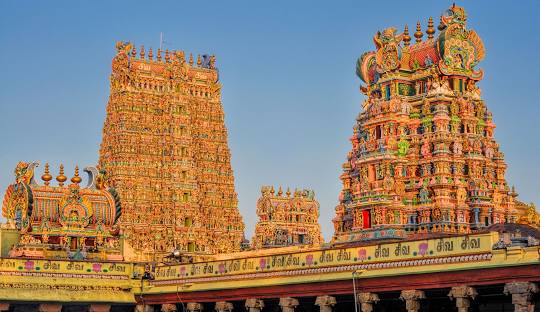When Madras HC struck down a rule that allowed non-Hindus to enter temples
On January 5, 1970, the DMK government introduced a clause to the Tamil Nadu Temple Entry Authorisation Act. It allowed non-Hindus into temples only when puja was not performed. However, the court said courts and even legislation could not convert temples into archaic objects of visual importance intended for public exhibition
ಸನಾತನಹೋಮ್ ಪೇಜ್ದೇವಾಲಯದ ಗಟನೆಗಳು


On January 5, 1970, the DMK government, headed by M. Karunanidhi, introduced a clause to the Tamil Nadu Temple Entry Authorisation Act, known as the Temple Entry Act, to allow persons who are not Hindus to visit temples. According to the new rule, non-Hindus should be admitted to temples only when puja was not performed. They were permitted to enter the Mahamandapam and not the Ardhamandapam. The non-Hindus were required to inform temple authorities of the object of their visit, obtain a pass, and enter the temple with a temple guide. If there was no guide, a servant of the temple could accompany them. They were to abide by the customs of the temples and safeguard and honour their general and special sanctity. Such persons could not take photographs of any part without the permission of the appropriate authority.
Before the rule was introduced, certain classes of persons were not allowed to enter or offer worship at a temple or bathe in or use the waters of a sacred tank, well, spring, or watercourse appurtenant to the temple, whether situated in or outside the precincts thereof, or any sacred place, including a hill or hillock, road, street, or pathway requisite for obtaining access to the temple. They included persons who were not Hindus, “persons under pollution arising out of birth or death in their families; women at such times during which they are not by custom and usage allowed to enter a temple; drunken or disorderly persons; persons suffering from any loathsome or contagious disease; persons of unsound mind except when taken for worship under proper control and with the permission of the executive authority of the temple concerned; and ‘professional’ beggars”.

